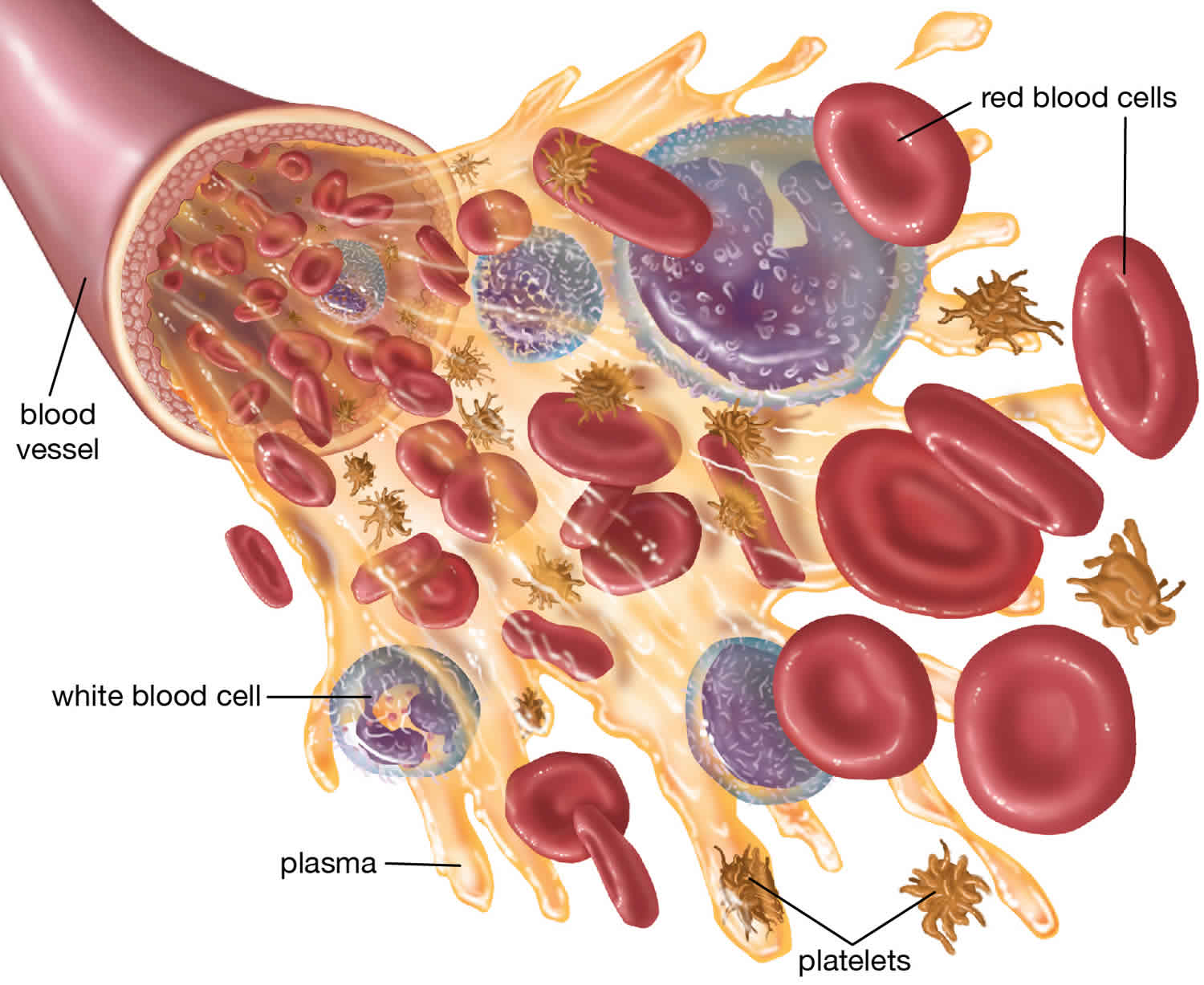The liver is the largest organ in the human body, a well-known fact. Hence, it is highly susceptible to damage because massive blood vessels such as the hepatic artery, portal vein, and hepatic vein run densely. Therefore, the injury mainly includes significant bleeding. As the liver is vulnerable, there is a high risk of hemorrhagic shock.
The brain is the CPU of the body and also a vital organ like the liver. Accidents can cause severe brain damage and skull contusions, skull penetration due to traffic accidents, falls, and gunshot wounds. Neurological illnesses can also lead to neurotoxins, infections, tumors, metabolic disorders, etc. In addition, people with brain injuries may suffer from conditions such as depression, anxiety, loss of self-confidence, personality changes, and the overt physical symptoms of the brain injury.
Often traffic injuries can be the major cause of liver and brain damage. External forces are often the leading cause, especially when the steering wheel collides with the abdomen while driving a car. In addition, traffic injuries while riding a motorcycle or walking have also been reported.

On a positive note, fucoidan has a beneficial effect on brain and liver damage from injury and illness. Fucoidan extracted from Fucus vesiculosus (F. fucoidan), Undaria pinnatifida, or Laminaria japonica has a cytoprotective effect on the hepatotoxicity of several xenobiotics such as acetaminophen (APAP) and carbon tetrachloride (CCl4). (See Fig. 1)
F. Fucoidan extracted from vesiculosus effectively against acute CCl4 treatment (See Fig. 1) or bile duct ligation (BDL) – induced liver fibrosis by reducing serum transaminase activity and hydroxyproline levels but needed a larger dose of fucoidan. Restores regular serum transaminase activity and hydroxyproline levels. (See Fig. 1)
In addition, it has been observed that fucoidan significantly reduced the synthesis of collagen type 1 and α-smooth muscle actin (α-SMA) proteins. These are usually upregulated with hepatocellular injury. Thus, fucoidan applies a hepatoprotective effect through changes in pathways directly involved in changes in the hepatic microenvironment.
Additionally, fucoidan can also interact with sirtuins. In the liver (SIRT1), this appears to be associated with glucose and lipid metabolism regulation.
The brain (SIRT3) appears to be associated with regulating mitochondrial function and cell nuclear gene expression. Most importantly, the study has reported significantly elevated levels of SIRT1 and 5’adenosine monophosphate-activated protein kinase (AMPK). These activations are usually associated with increased glucose uptake, fatty acid oxidation, and glycolysis, which illustrates the anti-lipotoxic effects of fucoidan. (See Fig. 1)
Finally, it prevents neuronal apoptosis. Thus, avoiding neurodegeneration and brain damage. Another pathway by which fucoidan exerts its neuroprotective capacity is its interaction with P-selectins on endothelial cells, preventing macrophages from adequately entering the brain. Especially the BBB, fucoidan interacts with P-selectins, thereby blocking macrophage crossing and weakening the inflammatory response in the brain. It is increasingly recognized that prion, viral, and bacterial infections can induce neurodegenerative diseases, such as Alzheimer’s disease (AD).
Therefore, fucoidan’s anti-prion, antiviral, and antibacterial functions may become relevant. Researchers believe fucoidan is worth further research because of its demonstrable therapeutic effects on various brain disorders, including other diseases not mentioned in this review.

